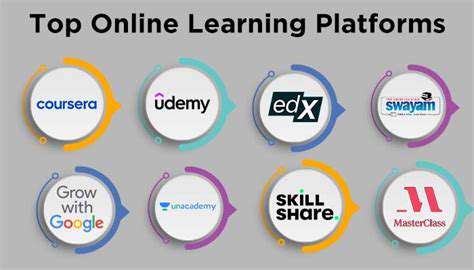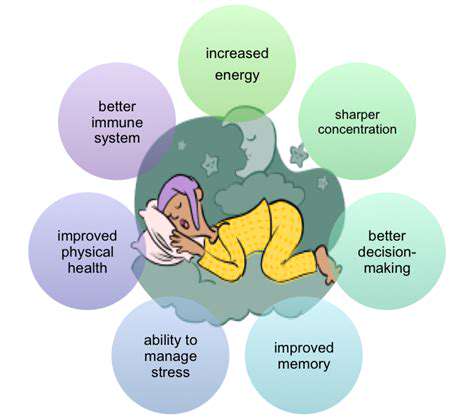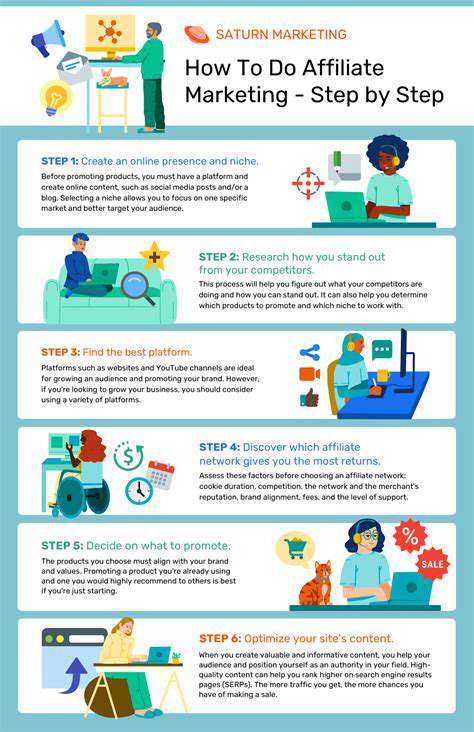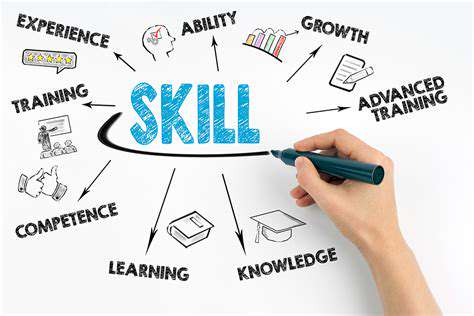Guide to Learning to Code for Free
Choosing the Right Programming Language
Selecting a Language Aligned With Your Objectives
Picking your first programming language can feel overwhelming when starting your coding adventure. The most critical factor is matching the language to your personal aspirations. For those dreaming of crafting websites or web apps, JavaScript, Python (using Django/Flask), or PHP stand out as stellar options. These languages dominate the field and come packed with extensive learning materials. Clarifying your end goals early on shapes your entire learning trajectory and boosts satisfaction throughout the process.
Mobile enthusiasts might find Swift (iOS) or Kotlin (Android) better fits. These platform-specific languages offer specialized features and vibrant developer circles. Investigating job prospects in your desired niche can provide valuable direction when narrowing down choices.
Evaluating Learning Curve and Developer Networks
How quickly you can grasp concepts matters tremendously when starting out. Certain languages shine with their intuitive syntax and comprehensive guides, perfect for newcomers. Python, frequently praised for resembling plain English, exemplifies this perfectly. Just as crucial is having access to welcoming communities. Vibrant discussion boards, step-by-step guides, and mentors willing to troubleshoot can dramatically shorten your learning timeline.
Languages with massive adoption typically offer overflowing repositories of sample code, troubleshooting threads, and community-made tutorials. This safety net proves priceless when you inevitably hit roadblocks during your journey.
Assessing Specialized Applications
Programming languages often target specific domains. Performance-critical fields like game engines or operating systems frequently employ C++, demanding familiarity with hardware-level concepts. Data scientists and AI researchers typically flock to Python, R, or Julia for their powerful analytical libraries.
Recognizing these specialized strengths helps inform your decision. Diving into each language's unique capabilities ensures your choice aligns with both passion and professional outlook.
Measuring Versatility and Limitations
A language's flexibility determines how broadly applicable its skills become. General-purpose options like Python empower users to tackle everything from web apps to data analysis to automation scripts. This adaptability makes them ideal launchpads for beginners.
Meanwhile, specialized languages like C focus intensely on system programming. While incredibly powerful, niche languages might constrain future opportunities if your interests evolve beyond their scope.
Finding Quality Learning Materials
Successfully mastering a language requires access to excellent educational content. Interactive platforms like Codecademy and freeCodeCamp provide structured lessons with hands-on practice. Their guided pathways help cement fundamental concepts through applied learning.
Engaging with communities on Stack Overflow or programming subreddits offers real-world insights. These spaces let you troubleshoot with peers, exchange code examples, and learn from collective experience—creating a dynamic, collaborative atmosphere.
Leveraging Online Learning Platforms for Free Courses

Harnessing Digital Education Platforms
The educational landscape has transformed dramatically with digital learning platforms granting universal access to knowledge. Learners worldwide now enjoy flexible, self-paced study options from any internet-connected device. This adaptability proves especially transformative for working professionals and geographically isolated students. Interactive multimedia components further enhance engagement and knowledge retention compared to traditional methods.
These platforms dissolve borders, creating global classrooms where diverse perspectives converge. Such cross-cultural exchanges better prepare learners for our interconnected digital era.
Customizing the Educational Journey
Digital platforms excel at personalizing instruction through adaptive algorithms that modify content difficulty based on performance metrics. This tailored approach accommodates varying skill levels and learning preferences, increasing success rates across diverse student populations.
Supplemental materials like interactive drills, self-assessment quizzes, and offline resources allow multidimensional engagement with course concepts. This variety reinforces understanding through different cognitive pathways.
Breaking Down Accessibility Barriers
Digital education advances inclusivity through features like text resizing, screen reader compatibility, and visual alt-text. Such accommodations create equitable learning environments for students with diverse abilities.
Optimizing Educational Economics
Online platforms dramatically reduce learning expenses by eliminating commuting costs, physical materials, and campus overhead. This financial efficiency democratizes access to quality instruction across socioeconomic groups.
Streamlined digital administration also minimizes bureaucratic friction, allowing more direct educator-learner interaction.
Globalizing Knowledge Access
Geographical limitations vanish as online platforms reach underserved regions lacking traditional educational infrastructure. This represents a monumental leap toward educational equity worldwide, particularly benefiting developing nations.
Enabling Lifelong Professional Growth
Beyond degree programs, these platforms support continuous upskilling through industry-specific microcourses. Professionals maintain competitive edges by mastering evolving technologies and methodologies.
The convenience and affordability of digital learning empowers career development at all professional stages.







![Best Smart Vacuum Cleaners [2025 Review]](/static/images/31/2025-05/SmartFeaturesandConnectivity3AStreamliningYourCleaningRoutine.jpg)



